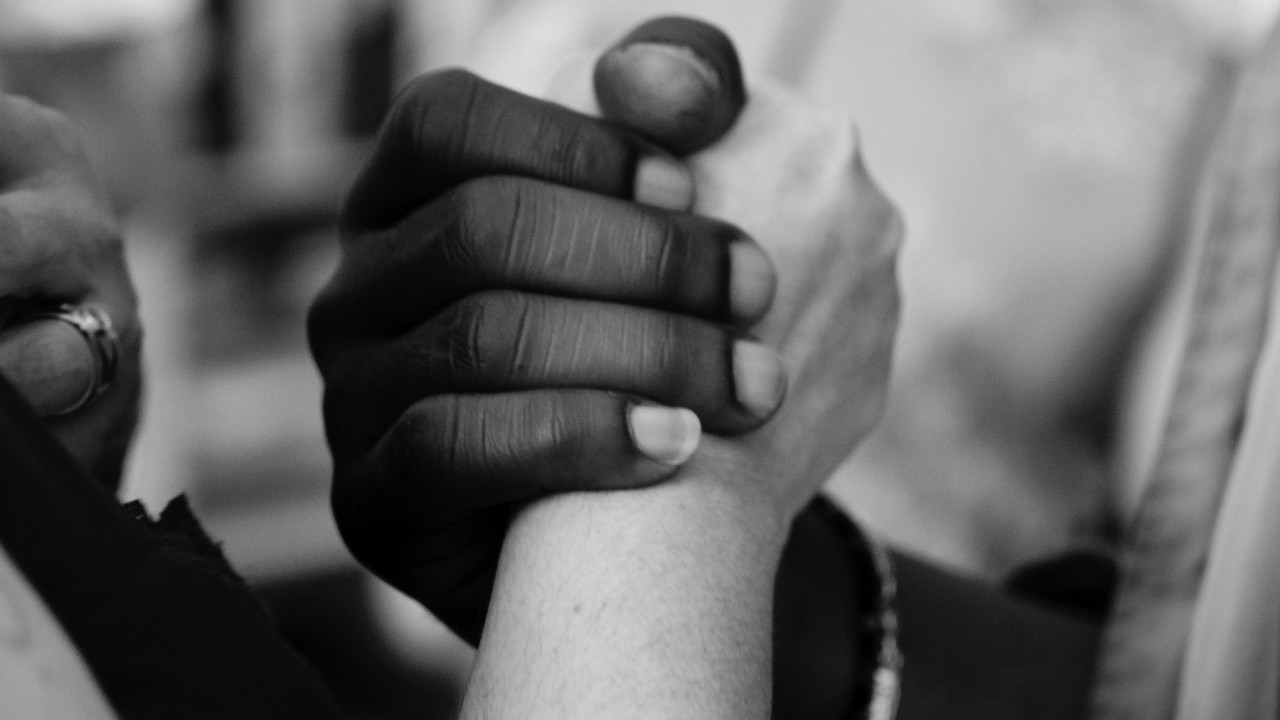We have all read about George Floyd who was pinned face down to the ground by a Minneapolis police officer. The police officer immobilized Floyd by placing his knee on the back of Floyd’s neck. In a video of the incident, Floyd can be heard pleading for the officer to release him because he can’t breathe.
Later, Floyd was transported to a medical facility where he was pronounced dead. The officers involved were subsequently terminated, and Minnesota’s Bureau of Criminal Apprehension and the Federal Bureau of Investigation are investigating the incident.
This is another log thrown into the fire of racial division in our nation. Prior to Floyd’s death, Ahmaud Arbery, a young black man was gunned down while he was jogging by a group of white men who suspected him of theft.
Christian leaders have rightly denounced these incidents. After the feelings of outrage have subsided, will we be closer to solving the issue of racial division?
We have had formal dialogues between racial groups to promote better understanding. We have had calls to prayer for racial reconciliation. Yet, echo of discord continues to sound. As followers of Christ, we believe that Jesus “has broken down the dividing wall, that is, the hostility between us” (Eph. 2:14). As Christians we want to solve this problem.
Perhaps a change in attitude might be helpful. Instead of seeing this situation as a problem to be solved, maybe we need to see a person to be loved. In Luke 14:12-14, Jesus said do not just invite your friends and people of influence to dinner; invite the poor and people of little influence (a paraphrase).
Is it not true that the people to whom we are closest are also the people with whom we socialize? I wonder what would happen if black, white and brown people acted like family and shared meals together in normal course of life?
In 1864, an outbreak of leprosy occurred on the Hawaiian Islands. The lepers were quarantined in a colony on Molokai. They were given food and water, but nothing else. Life was hard.
Joseph Damien went to Hawaii as a missionary. When he saw the condition of the lepers, he saw people who needed relationship. Damien chose to personally minister to them, even though he risked the possibility of infection.
One day, a pot of boiling water fell on his foot, but he felt no pain. He realized that he had become a leper. He usually addressed the people as “my fellow believers.” The next Sunday, he addressed them as “my fellow lepers.” He didn’t know the people as lepers, he knew them by name.
We may be deceiving ourselves into thinking we have a racial problem, when really we have a relationship problem. Who are the guests at our dinner table? What are their names? Sometimes it is easier to attempt to solve things at the macro level, because addressing things at the micro level means I might have to get involved.




